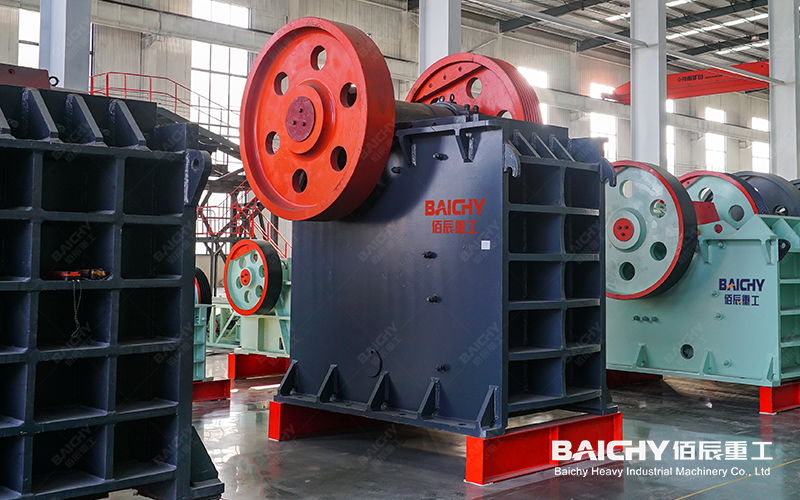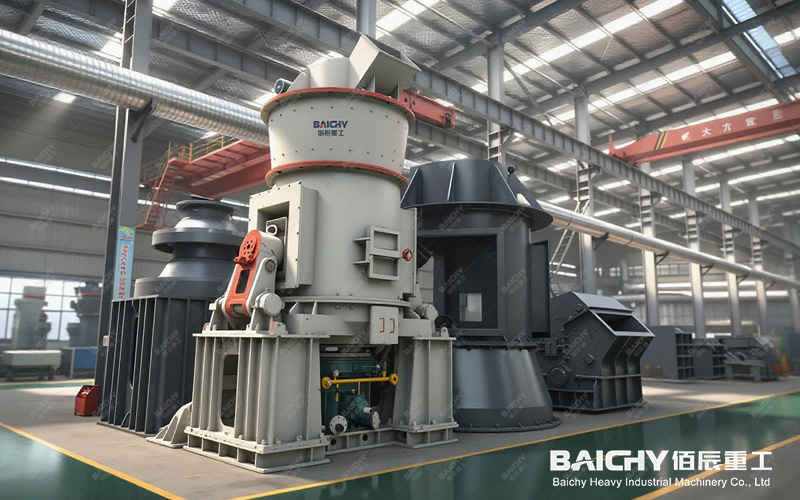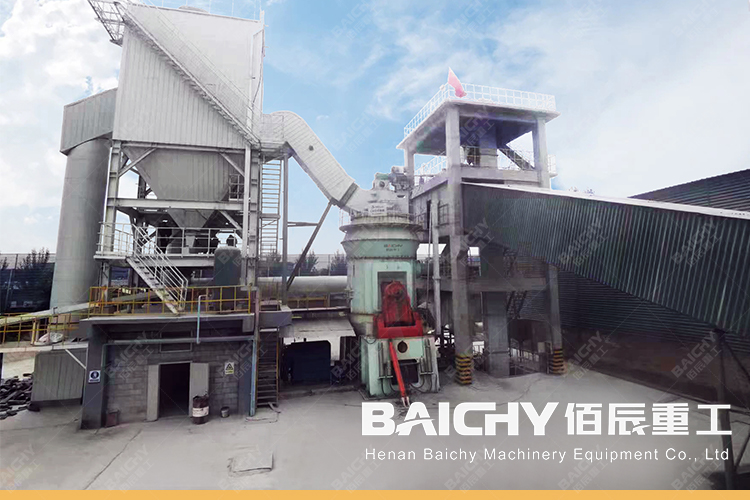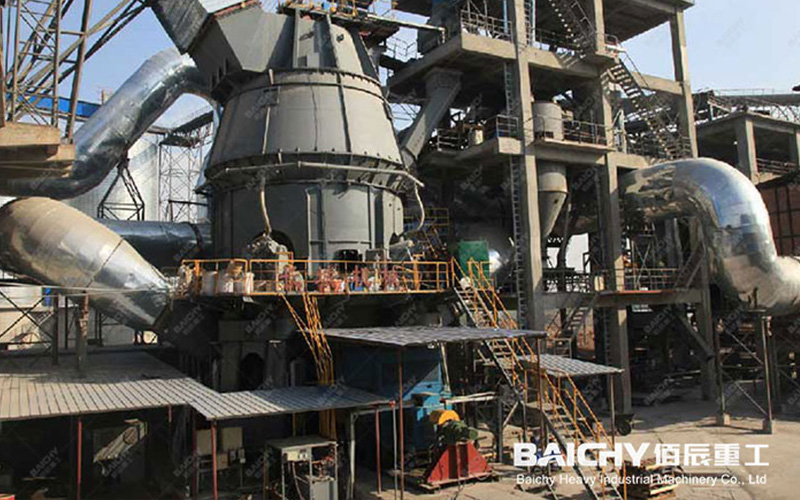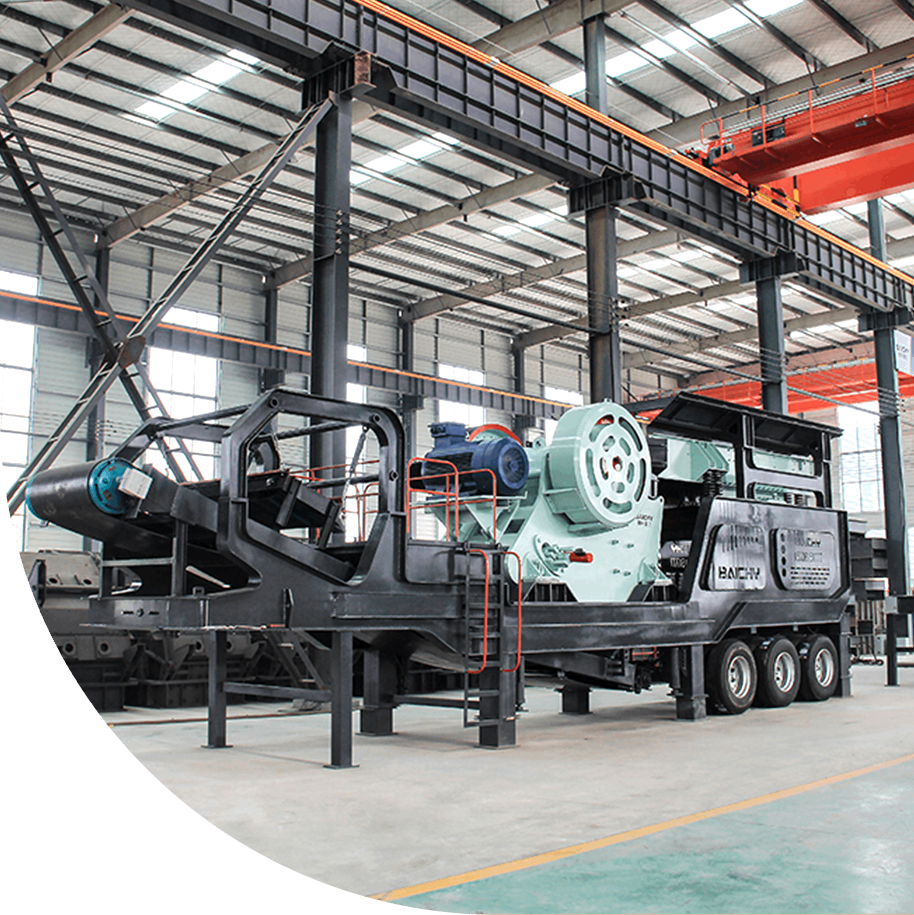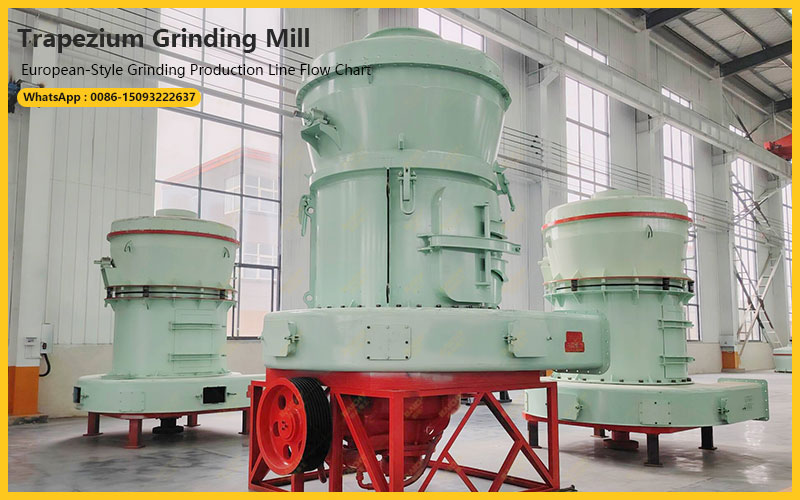
In the modern industrial wave of pursuing ultimate efficiency and precision processing, European-style grinding mills have evolved from an advanced technology into an indispensable core piece of equipment in many key industries. With their superior characteristics such as high efficiency, energy saving, and uniform particle size distribution, they are continuously driving industrial upgrading and technological innovation.
So, in which specific key industries have European-style grinding mills become the "heart" of the equipment?
1. Mining and Metallurgy Industry: The Cornerstone of Efficient Resource Utilization
In mines, concentrators, and smelters, European-style grinding mills are a crucial link after ore crushing. They are responsible for grinding lumpy ores to the required fineness, laying the foundation for subsequent mineral separation processes such as magnetic separation, flotation, and gravity separation. Their high-efficiency grinding capacity directly determines the metal recovery rate and resource utilization rate, making them core equipment for improving economic efficiency.
2. Non-metallic Mineral Deep Processing Industry: The "Shaper" of Powder Properties
For non-metallic minerals such as calcium carbonate, kaolin, talc, barite, and quartz sand, their application value largely depends on the fineness, purity, and particle size distribution of the powder. European-style grinding mills enable large-scale, high-precision processing, producing ultrafine powders that are indispensable high-quality fillers and functional raw materials for industries such as plastics, coatings, papermaking, and rubber.
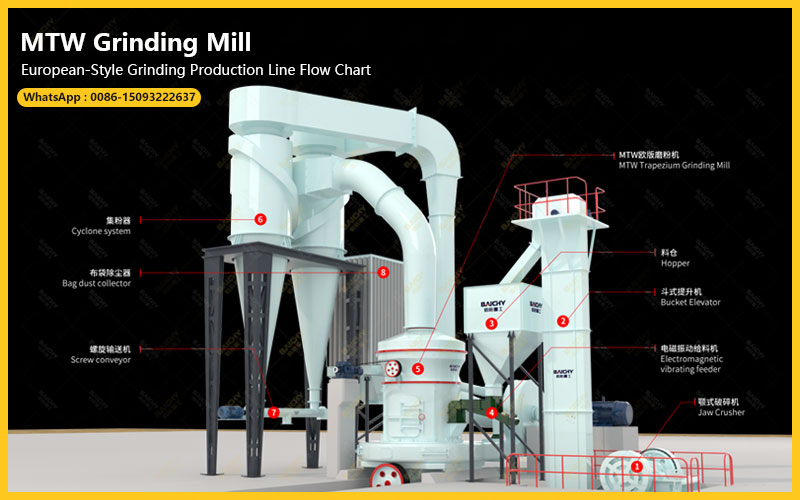
3. New Energy Materials Industry: The Unsung Hero of Green Technology
In new energy fields such as lithium batteries and photovoltaics, the microstructure of materials directly affects product performance. Whether it's the grinding and dispersion of positive and negative electrode materials for lithium batteries (such as lithium iron phosphate and graphite) or the preparation of high-purity silicon micropowder required by the photovoltaic industry, European-style grinding mills provide stable and controllable grinding solutions, ensuring excellent electrochemical performance of materials and serving as key equipment for promoting green energy development.
4. Chemical and Pharmaceutical Industries: Guardians of Purity and Safety
In the chemical industry, efficient grinding is a prerequisite for ensuring complete and uniform chemical reactions. In the pharmaceutical industry, the requirements for material fineness and purity are extremely stringent. European-style grinding mills operate in a closed environment, effectively avoiding contamination and meeting GMP standards. They are widely used in the fine processing of active pharmaceutical ingredients and intermediates, ensuring the safety and efficacy of medicines.
5. Solid Waste Treatment and Environmental Protection Industry: The Magician of Turning Waste into Treasure
In the field of industrial solid waste resource utilization, such as the deep processing of fly ash, desulfurization gypsum, and metallurgical slag, European-style grinding mills can grind these solid wastes into high-value-added micro-powders, which are widely used in cement, concrete, and new building material production, perfectly embodying the concept of a circular economy.
European-style grinding mills have been deeply integrated into the fabric of modern industry, and their application boundaries continue to expand. Choosing a technologically advanced European-style grinding mill is not only key to improving product quality and production efficiency, but also a strategic choice for enterprises to maintain a leading position in fierce market competition.




